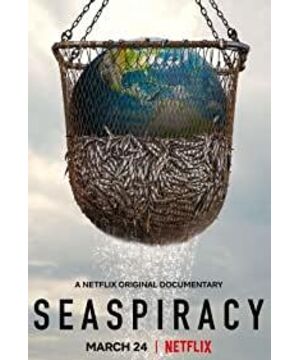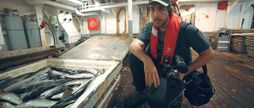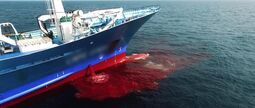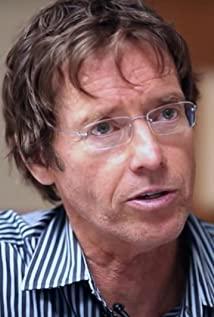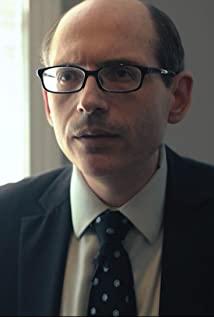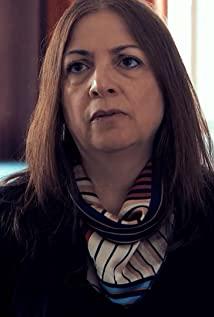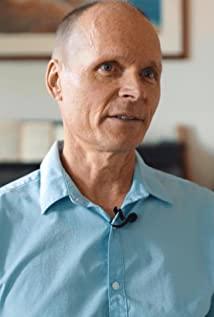The film said that fishing is the biggest factor in marine pollution, so the first way to save the ocean is to reduce the consumption of fish, oh no, it is to stop eating fish. The first half of the interview was very good, but I personally think the second half of the film is a bit unfinished.
Conclusion first. To put an end to marine pollution, so call on humans to stop eating fish? However, the biggest factor in marine pollution is the operational pollution caused by the discarding of some fishing nets in the process of fishing, not the eating of the fish itself! Shouldn’t we be thinking about how to regulate fishing at sea, reduce the waste of fishing nets, promote high-tech fishing methods, and reasonably arrange fishing bans to prevent some fish from becoming endangered?
It makes no sense to call on all human beings on earth to stop eating fish. Humans will eat anything that can be eaten. The key is to protect biodiversity, that is, don't let people eat it and go extinct. In the second half of the interview, an interviewee said that he would rather kill one whale than three thousand chickens. The amount of meat is the same but the number of lives is different. Here he ignores the principle that what is rare is precious. Life is inherently unequal, and what is small in number must be protected, so whales and chickens are different. When chickens are as precious as pandas, chickens will become national treasures.
I think the protection of the marine ecological environment (marine life), from the perspective of ordinary people, mainly achieves the following three points:
First, reject animal performances
Second, reject expensive seafood without matching nutritional value
Finally, eat more vegetables and less meat, no matter what kind of meat it is.
View more about Seaspiracy reviews


